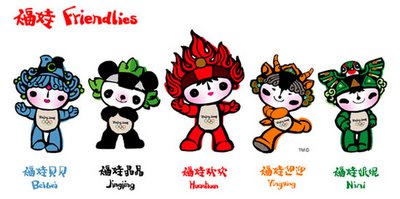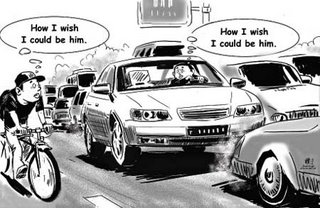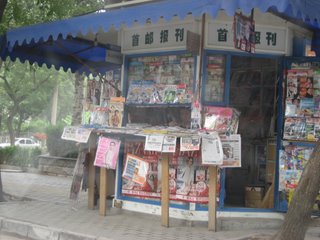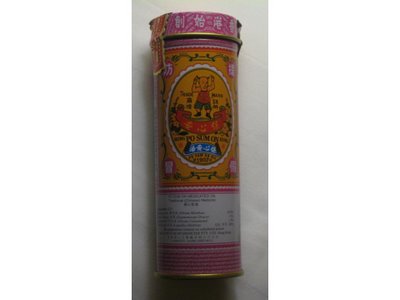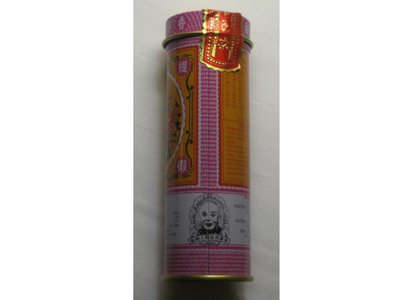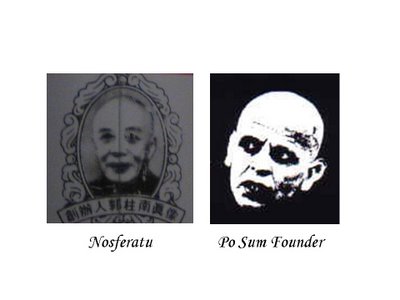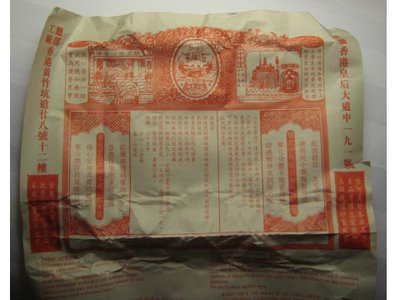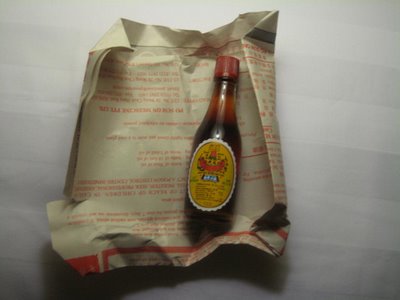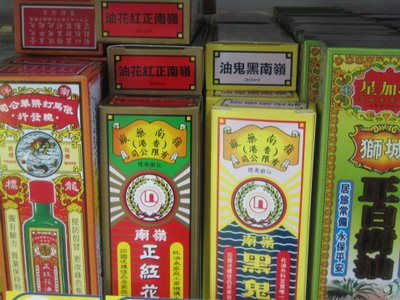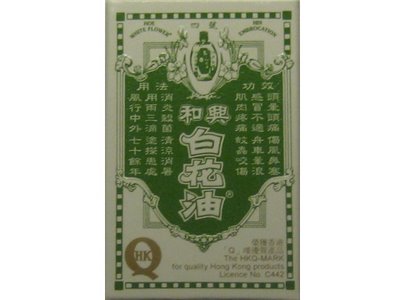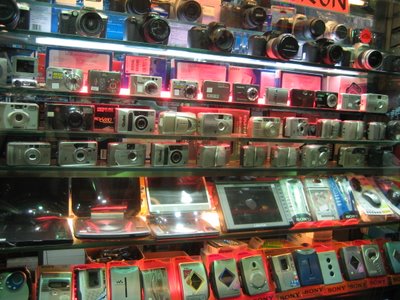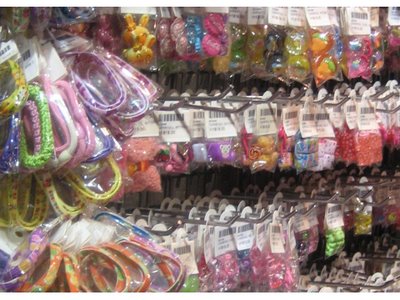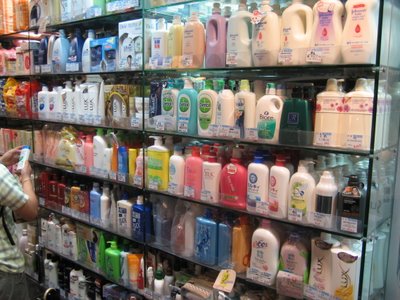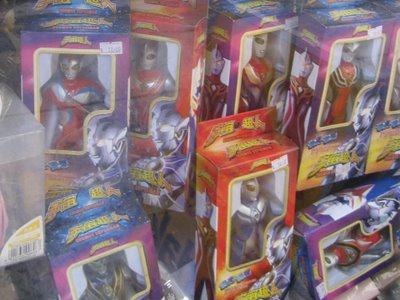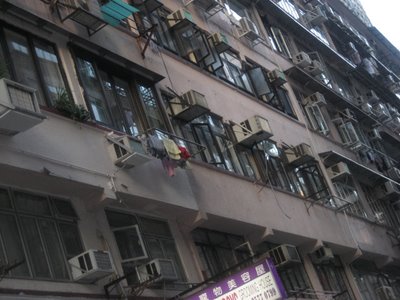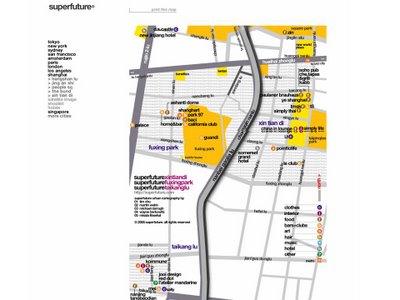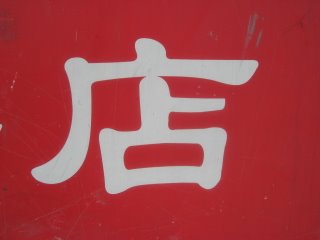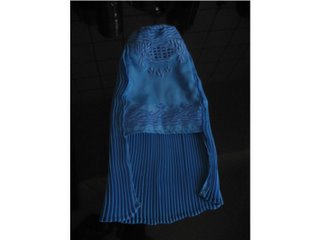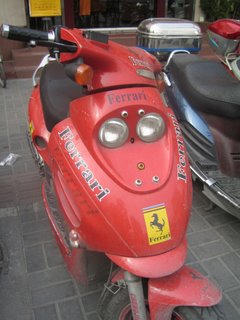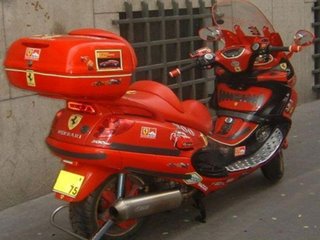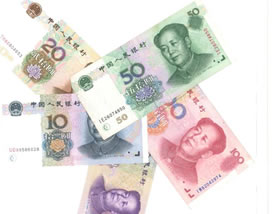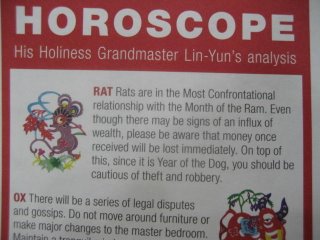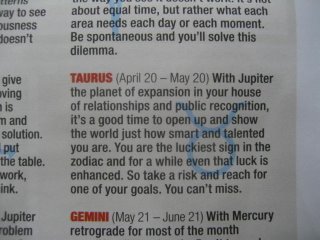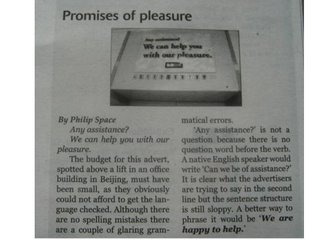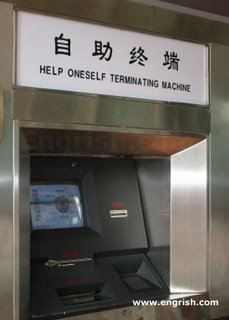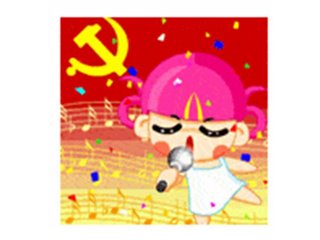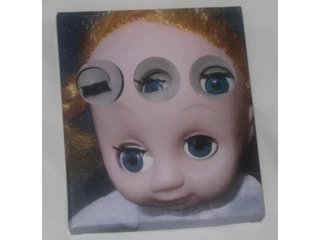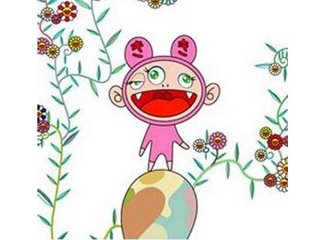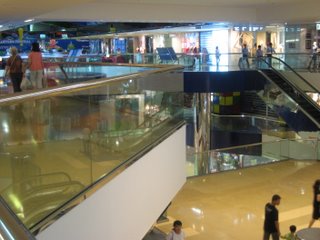
Malls are now a familiar part of the western cityscape but in developing Asia they are still a new feature. This newness creates shopping tourism, people coming to malls just to look around, not necessarily to buy. After traveling through lower tier China for a couple of weeks and then stopping at a mall in Shanghai I realised that it was more than just about novelty, malls offer a whole of heap of attractions;
They are pristine. After you're used to buying from shops where everything comes with a fine layer of dust and dirt malls are sparkling temples of cleanliness. The mechandise is perfect too, no stains or tears or faults, a big change from most lower tier/lower end shops where you have to do your own quality checking before you buy.
They are ordered; the products are displayed neatly and clearly, unlike the crowded and bundled stores you usually see. They also all have clear and fixed prices which, though out of reach for many, have an authoritative and definite quality to them versus the shifting and shifty pricing of the average street shop.
They are an education. There’s row after row of interior design ideas, latest fashions, new brands, electronic goods to look at, new food, pop music, young trendy assistants, it’s one big product demo for advanced living.
They are comfortable they are well-lit (unlike many homes, shops and streets which are poorly lit), they are air conditioned too – which is bliss when its 35 degrees outside and there’s no air con at home. Then you also have as a bonus that soporific swimming pool sort of noise distortion, a relief from the chaos outside.
It's easy to overlook malls when the sort of things they offer are commonplace and even seem banal but after a little deprivation you begin to appreciate their qualities and their attraction, enough to make it a destination that doesn't even have to involve actual shopping.
update: "AC Nielsen conducted an on-line survey involving about 22,000 Internet users from 42 markets around the globe, 74% of whom admitted that shopping was a hobby to them, and they would like to go shopping even when they had nothing to buy. That is to say that many people today choose window-shopping to kill time. 99% of the responders from Singapore even said that was what they went shopping for. 75% of shoppers on Chinese Mainland and 20% of the Indians picked buying clothes as their favorite pastime.
The survey, which also covered the question how often the responders went shopping, found that 7 Asian markets were on the top-10 list. The top-3 were Singapore, Hong Kong and Thailand, where people went shopping twice a week on average.
However, people from the Western countries are not so fond of shopping as Asians. Only 68% of Americans said they would like to go window-shopping, while most Europeans hated window-shopping". (source: China Daily, July 28th)
